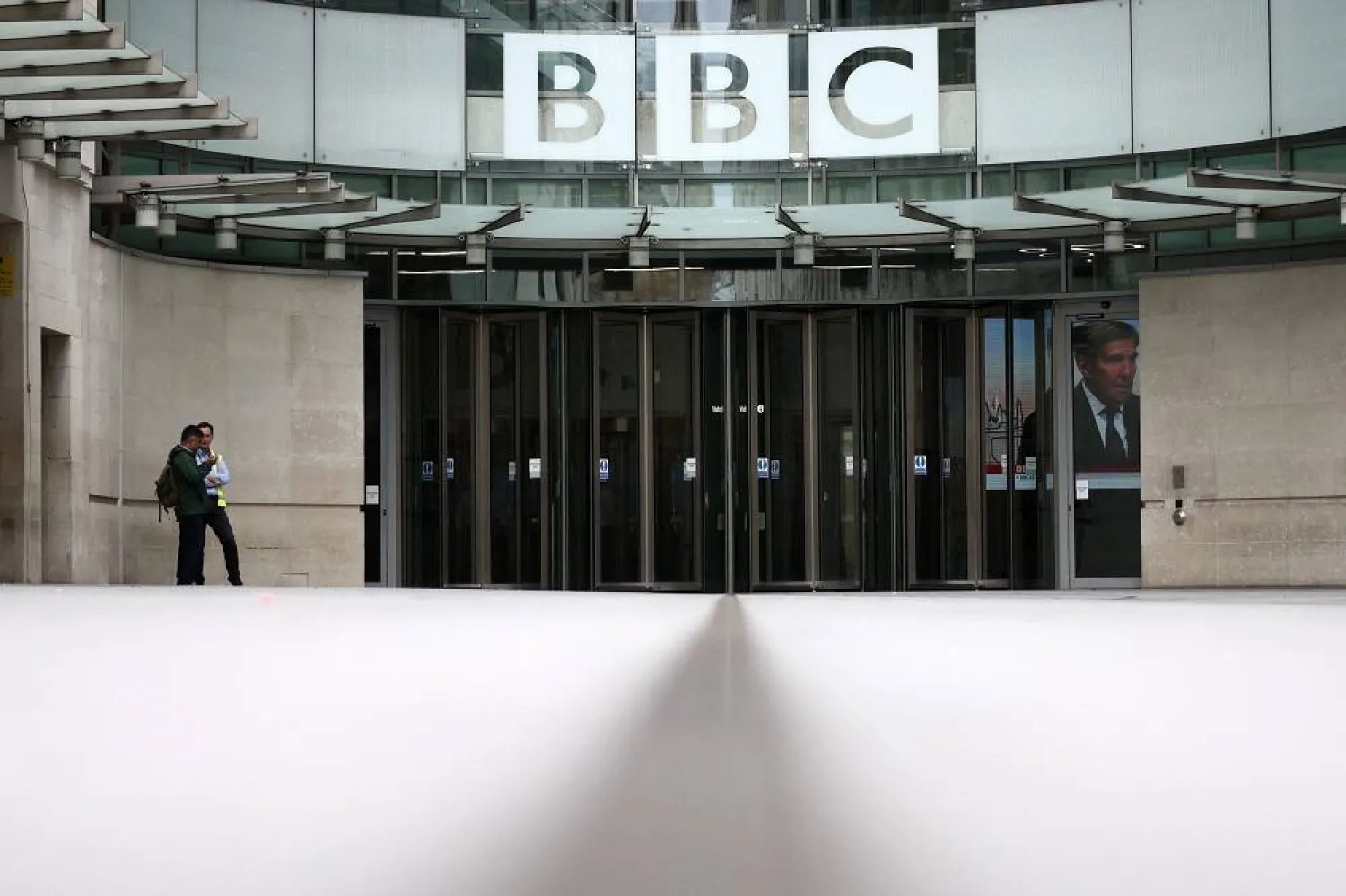Syria's Information Ministry has canceled the BBC's media accreditation, accusing the British public broadcaster of biased and fake news in its coverage of the war-torn country.
The announcement came days after BBC Arabic released an investigative documentary about the illicit drug trade in Syria, where they highlighted links between the estimated multi-billion-dollar industry and the Syrian army as well as members of President Bashar al-Assad's family.
The Syrian Information Ministry in a statement late Saturday said the decision was made after “warning the channel more than once that it has broadcasted its misleading reports relying on statements and testimonies from terrorist entities and those hostile to Syria”.
Damascus revoked the licenses of both the British broadcaster's radio and television correspondents in Syria, as well as their videographer.
“We speak to people across the political spectrum to establish the facts,” the BBC said in a statement emailed to the Associated Press, adding that the broadcaster provides “impartial independent journalism. We will continue to provide impartial news and information to our audiences across the Arabic-speaking world”.
The illicit drug industry, most notably the addictive Captagon amphetamine pills, has blossomed in war-torn Syria in recent years. While experts say it has been a way to generate revenue for the country's crippled economy and sanctioned leadership, it has scourged the region.
Captagon has been used both recreationally and by people with physically demanding jobs to keep them alert as well as fighters on the battlefield.
The United Kingdom, United States, and European Union have sanctioned a handful of drug kingpins and close associates of Assad for their involvement in the trade.
The Syrian government denies any involvement in the production of Captagon. A Syrian parliamentarian told the AP last month that Syria has been used as a transit state for Captagon and other drugs, and accused opposition groups of running the industry.
After Syria restored relations with many of its neighboring countries and returned to the Arab fold, cracking down on drug smuggling has been a key issue in regional talks.
Syria’s uprising which turned into a full-blown civil war, now in its 13th year, has killed nearly half a million people and displaced half of its prewar population of 23 million. Syrians in both government-held territory and an opposition-held enclave in the country’s northwest suffer from rampant poverty and crippled infrastructure.









